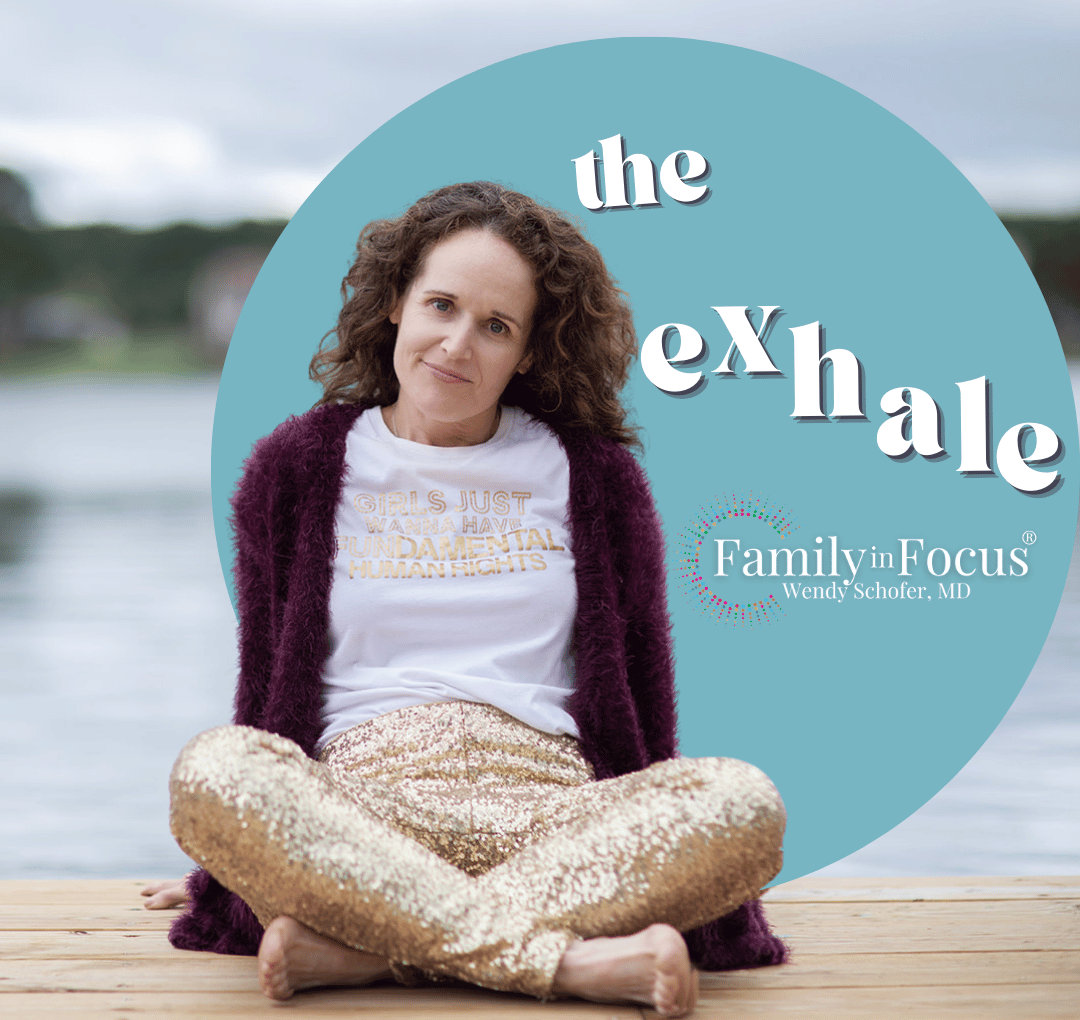
Truth: I was going to talk about this subject in regards to weight, body image, bullying, heck even having sex talks… and here, this week, we experienced a mass shooting at Robb Elementary School in Uvalde, Texas.
While I am grieving like many of you - grieving over the inexplicable murder of children, and angry, so angry that I know this feeling, I know this story - I remember Columbine, and Sandy Hook and Marjory Stoneman Douglas… and the feeling that I had with the many more whose school names aren’t as close to the surface, but the feelings are.
Parents are dealing with the impact that this tragedy has had upon our own homes, and the impact that it has upon our children.
Young kids may be asking questions for the first time - asking questions to explain the unexplainable. Why do people do hurtful things”? Why do bad things happen to good people? Sadly, parents of older kids have had a lot of practice witnessing and reacting to similar events over the past few years. It doesn’t seem to get easier.
It shouldn’t get easier.
These are hard, hard things.
Here are 4 things to help you with difficult conversations:
Understand your own feelings
Feeling your own feelings can be very uncomfortable. It feels so vulnerable to cry, to grieve, and quite honestly like there’s a lack of control.
We have had many years of compartmentalizing our emotions - you know, to move on, to “get it together”, to “save face” for the family. We often mask, or move to acting without truly feeling. But this can backfire, especially when we get to talk with the kids. And having a barometer of your own emotions will be helpful because the way that we handle the conversation with our kids will greatly impact how they handle the situation.
How do you want to BE in the moment?
We don’t remember what was said, or necessarily the details, but we remember how we felt. How do you want to feel while you are talking with your kids? Create that. Practice it.
For me, it’s calm. And the thing that makes me feel calm is knowing that I don’t have to have the right words to say. Telling myself that is calming - I can just be. Now, for other people that could make them feel anxious because it’s not true to them. What’s true to you? What feeling do you want to have, and what do you want to think to create that feeling?
I remind myself that pacing (meaning taking your time), having safe spaces to explore big feelings and find the safety of your tribe is all a part of healing. And that’s why I choose calm.
Just being present, listening, being the rock is the most helpful for kids as they navigate all of the challenges of growing up. Sometimes, “doing nothing” does the most.
Ask your child’s favorite role model
You are the expert on your child. 100%. What is the best way to talk to your child about more sensitive topics? Is it while driving and not facing each other face-to-face (how many sex chats have happened in the car!)? Is it while outside, perhaps on a walk? Is it in a comfy snuggle chair?
Please keep in mind that right before bed might disrupt your child’s sleep by keeping them up thinking about troubling thoughts. When kids are already tired, the executive function area of the brain may be too exhausted to process the difficult emotions.
Ask their understanding of events - and offer only what is needed
It is likely that your child has already heard about the events, even if you haven’t brought it up. I think of kids as canaries in a coal mine - they are sensing what is going on around them. They pick up on vibes, even if they don’t have the full info. And yet, there are discussions on the bus, in the community and school, and hearing the news.
Do not assume what they have heard, nor their understanding of it. Ask about what they bring up, what do they think it means.
And then, in your response, remember, they don’t need TMI. Our kids are on a need-to-know basis. Big events activate our fear centers. We need ways to calm that part of our brains. And a lot of time, less info is better than more. Graphic information, details - choose what you really need to share. And consider the healing effect of sharing stories about helpers and how people come together.
Coming to difficult conversations by already giving ourselves space to feel the feelings, and decide how we want to be and feel with our kids creates the space to be the parent our kids need throughout all of the difficult conversations of raising a child.
Check out the Family in Focus with Wendy Schofer, MD Podcast!
Stay connected with news and updates!
Join our mailing list to receive the latest news and updates from our team.
Don't worry, your information will not be shared.
We hate SPAM. We will never sell your information, for any reason.


